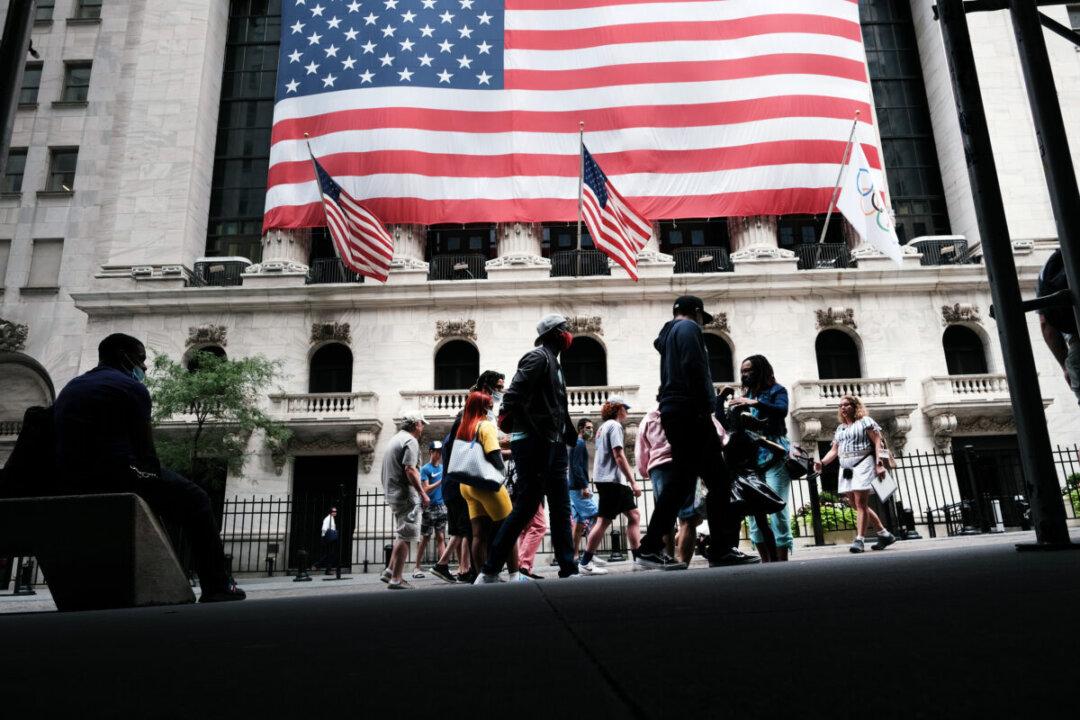Commentary
Beijing policymakers have sought to calm financial markets after a period of heavy-handed and unexpected crackdowns on several sectors. Now is a good opportunity for foreign investors to reassess their investments in Chinese companies.

Beijing policymakers have sought to calm financial markets after a period of heavy-handed and unexpected crackdowns on several sectors. Now is a good opportunity for foreign investors to reassess their investments in Chinese companies.